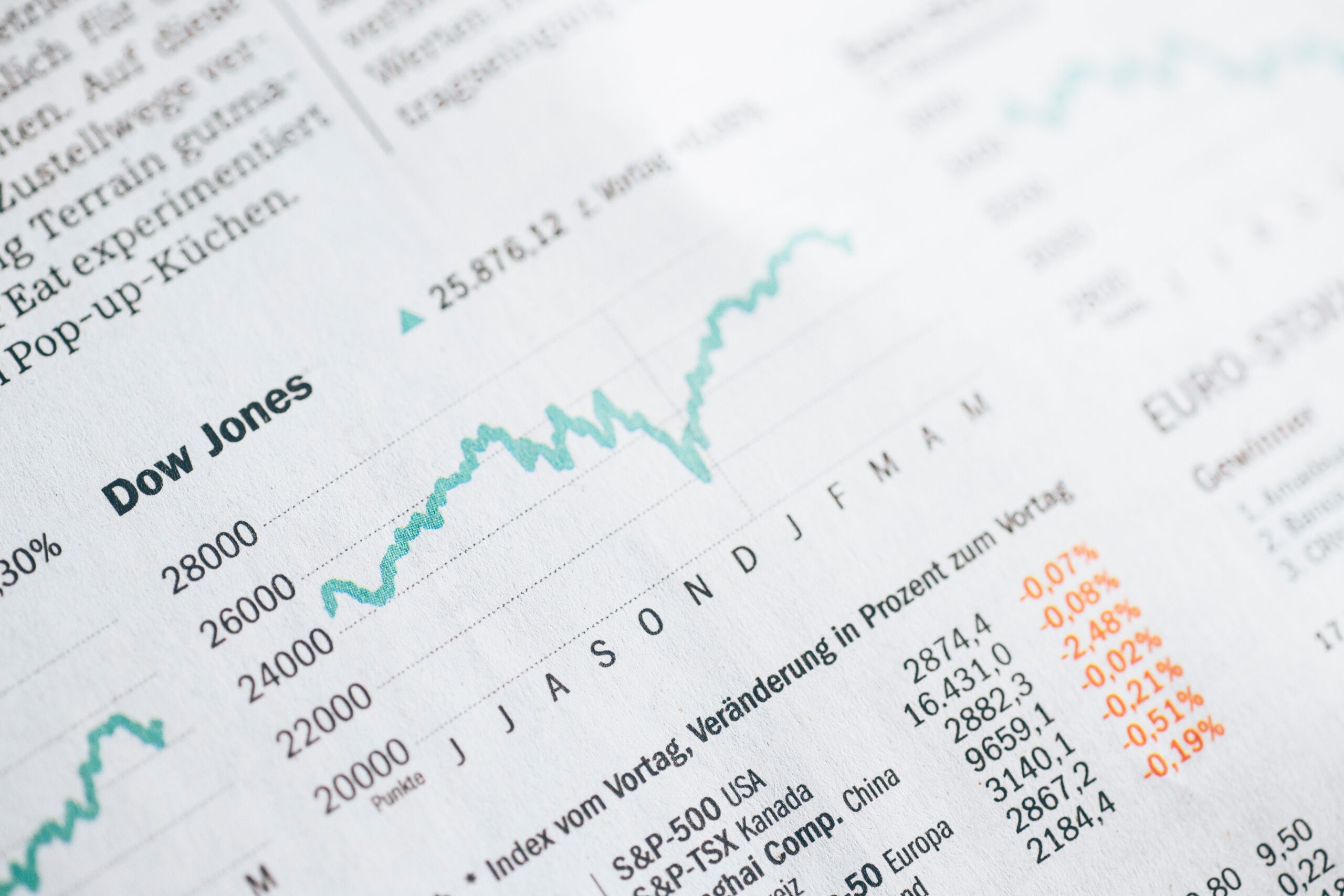04 February 2021
Measure of Value
The first jabbees.
By John Watson
 Those who have invested in Gamestop shares* might reflect on Oscar Wilde’s definition of a cynic as someone who “knows the price of everything and the value of nothing”. What is the “value” of a Gamestop share? To the investor who buys it as a source of future revenue streams it is presumably low. After all, the reason why hedge funds are selling the company short is lack of confidence in future performance. To hedge funds who urgently need the shares to satisfy short-term commitments, however, the value is much higher because it is driven by scarcity rather than the quality of the Gamestop business. It is the latter value which drove the extravagant prices seen over the last few days.
Those who have invested in Gamestop shares* might reflect on Oscar Wilde’s definition of a cynic as someone who “knows the price of everything and the value of nothing”. What is the “value” of a Gamestop share? To the investor who buys it as a source of future revenue streams it is presumably low. After all, the reason why hedge funds are selling the company short is lack of confidence in future performance. To hedge funds who urgently need the shares to satisfy short-term commitments, however, the value is much higher because it is driven by scarcity rather than the quality of the Gamestop business. It is the latter value which drove the extravagant prices seen over the last few days.
The fact that the word “value” can mean different things was underlined in a different context by comments made by Lord Sumption on the BBC’s “The Big Questions” where, in the context of Covid, he expressed the view that not all lives were of the same value:
“My children’s and my grandchildren’s life is worth much more than mine because they’ve got a lot more of it ahead. The whole concept of quality life years ahead is absolutely fundamental if one’s going to look at the value of these things. [sic, it was an interview]”
There is, of course, nothing new about this sort of thinking and to a greater or lesser extent doctors have had to apply it for years in the allocation of scarce resources. Still, the allocation of vaccine being a hot topic at the moment, it is worth stopping to think about what we mean by the word “value” in this context. Is it right that the lives of those with longer life expectancy are more valuable? Does it depend upon what sort of life they are to lead? How do you compare intelligence and creativity on the one side with the ability to lead and govern on the other? Are scientists more valuable than art graduates and should priority in the vaccine pecking order be established through a series of exams? Or should physical skills and coordination be rated above the academic? They are often scarcer. Could we have an algorithm and if so who would design it? Are the designers the most valuable of all?
If that collection of questions looks absurd, it is because it is. Like the shares in Gamestop, a life does not have a single value but different values for different purposes. Take Indonesia for example where vaccination policy is initially focusing on people under the age of 60 because, inter alia, the population below that age
“plays an important role in economic activities that support families. They move the economy, and therefore we give priority to those aged 18-59 years.”
In other words, they put the value of the working population above that of the seniors. Less controversially we do much the same thing when we give priority to health workers. In the present pandemic their role is particularly important. That makes them more valuable and we allocate our vaccine accordingly. In a war our military commanders might be more valuable. At the time of the Olympics it might be athletes. In other circumstances it might be scientists, artists, journalists or even bankers.
The word “value” is a chameleon and takes its colour from the context so that an argument about whose lives are the most valuable isn’t usually an argument about people but rather about which definition of value is relevant, something missed by those who declared themselves offended at Lord Sumption’s comment. And it isn’t just debates about “value” that can be misunderstood in this way . When J.K.Rowling defined “women” in a way which upset the transgender community she was not commenting on people but on the definition of a word.
That is not to say, of course that words do not matter. As a Christian culture we are “people of the Book” so that it is not surprising that much energy is spent on analysing language. On a practical level words dictate action, particularly when those words are of inclusion or exclusion. Still, it is important to keep our minds on what we are doing and not to escalate debates by taking essentially philological issues personally. Word may, in the opinion of Albus Dumbledore, be “our most inexhaustible source of magic, capable of both inflicting injury and remedying it” but in the end they are just words and, before personalising disputes about definitions with a bit of online abuse, we would do well to remember that.
For the story of Game Stop see Frank O’Nomics on Hedge Funds in this issue
Tile photo by Markus Spiske on Unsplash


